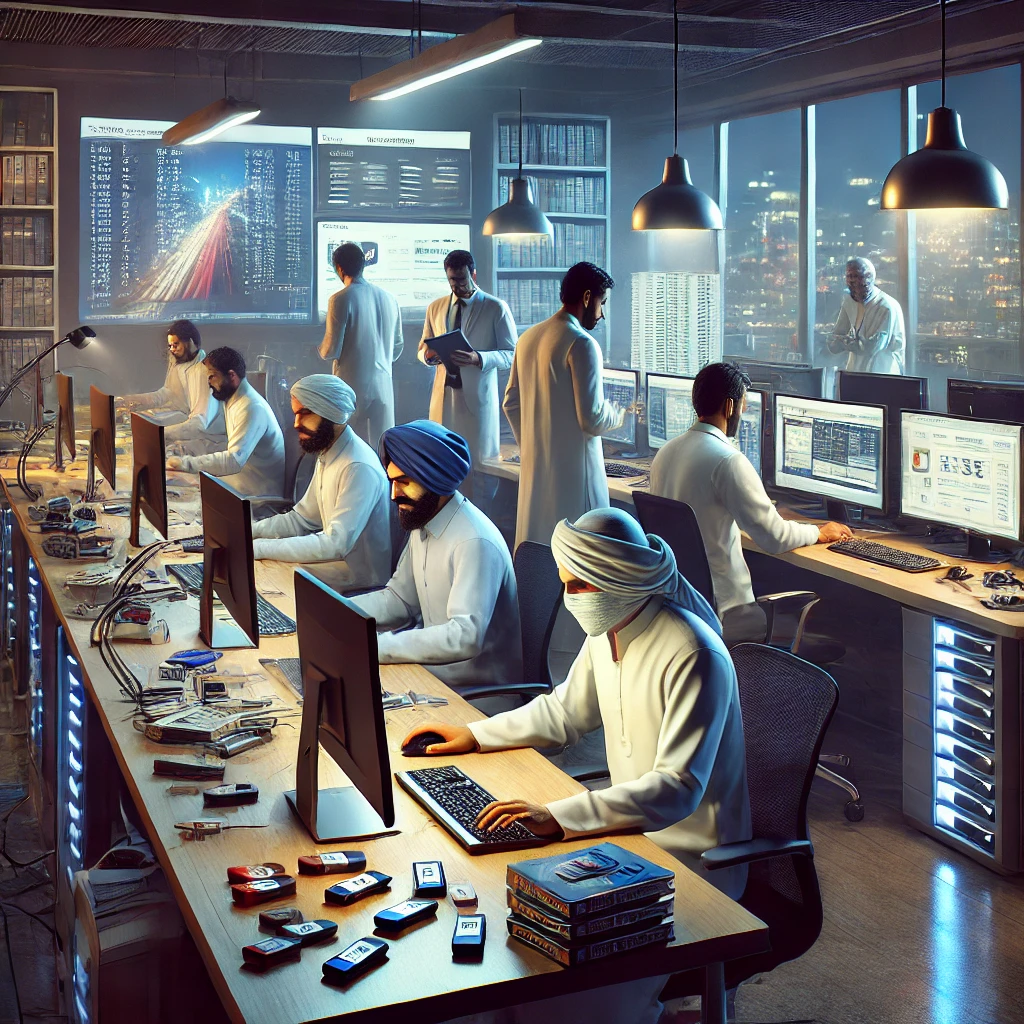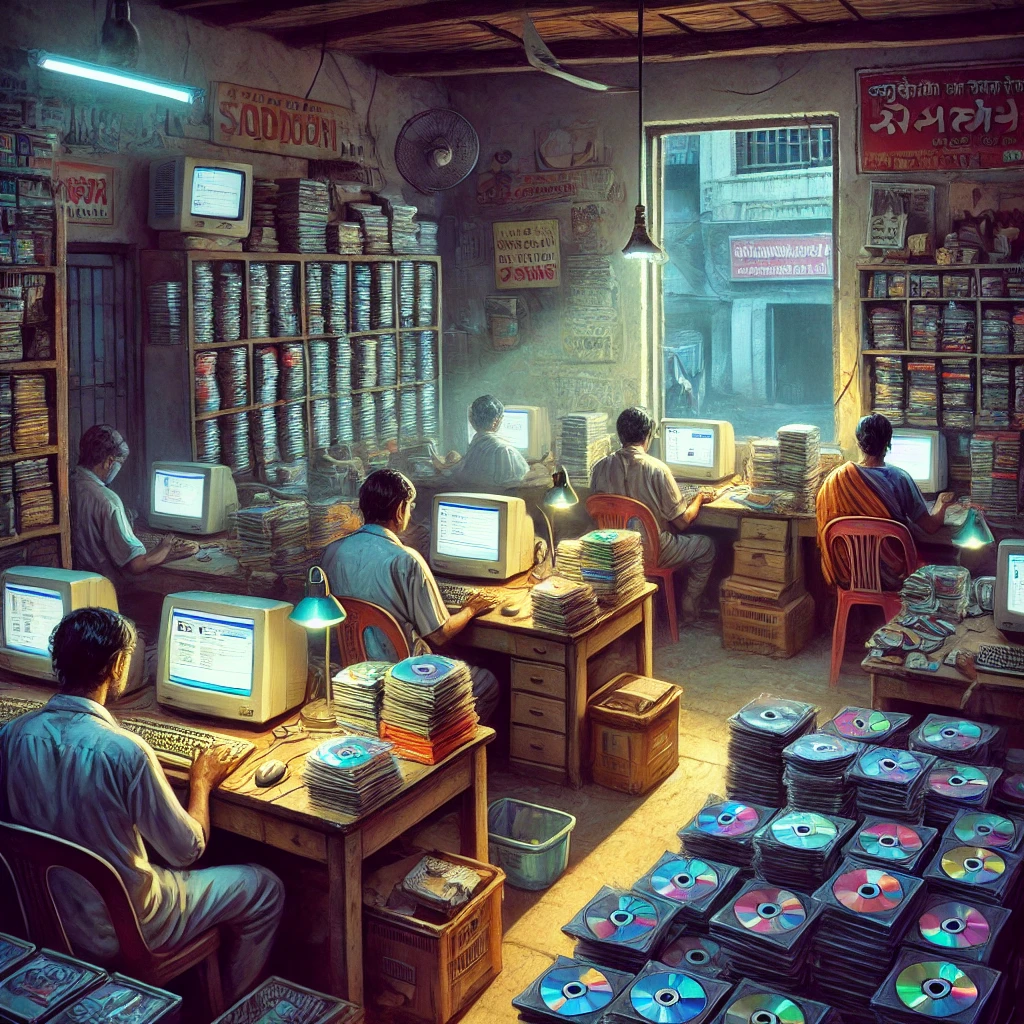In a significant ruling delivered by the Hon’ble Delhi High Court in the case of Autodesk, Inc. and Anr. v. Mr. Prashant Deshmukh and Ors., the court addressed issues of copyright infringement, trademark misuse, and the unlawful use of pirated software. The judgment, rendered by Justice V.K. Jain, emphasized the importance of protecting intellectual property rights, particularly in the domain of software. The case highlights the growing menace of software piracy and the need for strict judicial intervention to deter similar offenses.
Background of the Case on Software Piracy
The plaintiffs, Autodesk, Inc., a global leader in design software, and Microsoft Corporation, the renowned technology giant, filed a suit for permanent injunction, damages, and delivery of infringing materials against the defendants. The defendants were found to be using pirated software belonging to the plaintiffs for commercial purposes.
Both plaintiffs hold registered copyrights and trademarks in India for their respective software products. Autodesk owns trademarks such as AutoCAD, while Microsoft owns trademarks like Windows and Microsoft Office. The plaintiffs alleged that the defendants were not only infringing on their copyrights but also misusing their trademarks by using pirated software for commercial gain.
Legal Framework
The judgment was grounded in various provisions of the Copyright Act, 1957, including Sections 14, 40, and 51, and the International Copyright Order, 1999. Additionally, the Evidence Act, 1872, particularly Section 65B, provided the evidentiary foundation for digital records in this case.

Key legal principles highlighted include:
- Exclusive Rights Under Section 14: Copyright holders have the right to reproduce, store, and use their works electronically.
- Infringement Under Section 51: The use of pirated software without proper licensing constitutes a violation of copyright.
- International Protections Under Section 40: Copyrights first published in member countries of the Berne Copyright Union, such as the USA, are recognized in India.
Evidence Presented
The plaintiffs presented compelling evidence through affidavits, corroborated by digital records and certificates of copyright registration. Notable evidence included:
- Affidavit of Ms. Rohini Boaz: She confirmed that the defendants did not hold licenses for Autodesk software, as verified through their licensing database.
- Affidavit of Mr. Devesh Tiwari: As a service engineer for the defendants’ computers, he observed the use of pirated software, including unbranded compact discs used to install unauthorized software.
- Documentary Evidence: Certificates of copyright and trademark registrations for the plaintiffs’ software, including AutoCAD, Windows, and Microsoft Office.
The defendants chose not to contest the suit, which led to an adverse inference against them.
Court’s Observations
Justice Jain, in his detailed judgment, made the following observations:
- Piracy as a Serious Offense: The court noted the rampant use of pirated software in commercial enterprises and its detrimental impact on innovation and fair competition.
- Defendants’ Non-Cooperation: The failure of the defendants to file a written statement or appear in court demonstrated their culpability.
- Economic and Ethical Implications: The court highlighted that piracy deprives software developers of rightful revenue, discouraging further innovation.
Judicial Findings
The court held that:
- The defendants infringed the plaintiffs’ copyrights under Section 51 of the Copyright Act by using pirated versions of AutoCAD, Windows, and Microsoft Office.
- The use of software bearing the trademark “Microsoft” without authorization also constituted trademark infringement.
Relief Granted
- Permanent Injunction: The court restrained the defendants from using any unlicensed or pirated software belonging to the plaintiffs.
- Punitive Damages: The defendants were ordered to pay punitive damages of ₹1 lakh. This was intended to deter not only the defendants but also others who might engage in similar conduct.
Justice Jain cited precedents such as:
- Time Incorporated v. Lokesh Srivastava: Recognizing punitive damages as a tool of corrective justice.
- Microsoft Corporation v. Deepak Raval: Awarding damages to deter copyright violations.
Significance of the Judgment
The ruling underscores the judiciary’s commitment to upholding intellectual property rights and combating software piracy. The award of punitive damages reflects a shift towards a stricter approach in dealing with copyright infringement cases. Key takeaways include:
- Encouragement to Innovators: By protecting copyrights, the court reassures innovators and developers of legal support against piracy.
- Deterrence Against Piracy: The punitive damages serve as a warning to businesses and individuals engaging in intellectual property violations.
- Judicial Recognition of Digital Evidence: The court’s reliance on digital records and compliance with Section 65B of the Evidence Act highlights the increasing relevance of electronic evidence in legal proceedings.
Implications for Businesses
The judgment sends a clear message to businesses operating in India:
- Compliance with Licensing Requirements: Companies must ensure that all software used is duly licensed.
- Regular Audits: Conducting regular audits of software usage can prevent inadvertent copyright violations.
- Legal Awareness: Businesses should be aware of intellectual property laws and the severe consequences of infringement.
The Delhi High Court’s judgment in Autodesk, Inc. v. Mr. Prashant Deshmukh and Ors. is a landmark decision in the realm of intellectual property law. By granting a permanent injunction and imposing punitive damages, the court reinforced the sanctity of copyright and trademark protections. This judgment not only safeguards the rights of software developers but also fosters an environment of ethical business practices and innovation in India.






